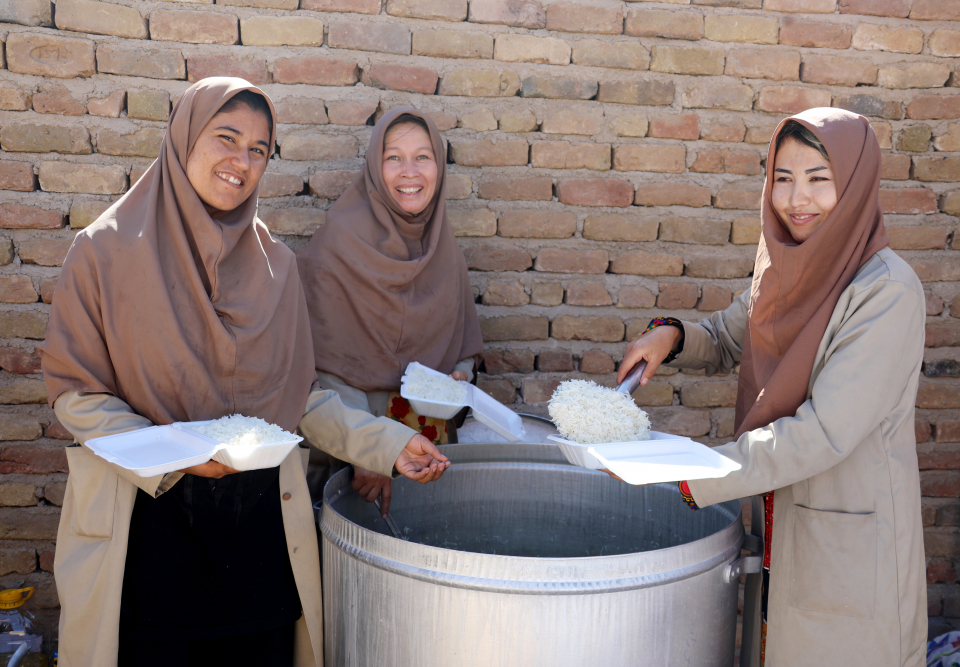Amidst the ruins of the US occupation and Hasty Withdrawal, Afghans grapple with dire circumstances, with a staggering 85 percent surviving on less than a dollar daily. The situation, exacerbated post-August 2021, has particularly devastated women, who now confront severe constraints impeding education and job opportunities. Responding to this crisis, the UNDP has adapted its approach, launching the integrated local development initiative, ABADEI.
In a strategic shift, ABADEI concentrates on providing direct support to women-owned businesses, fostering job creation, delivering basic social services, advancing renewable energy, and fortifying disaster risk management. These efforts aim to sustain local economies, ensure food and energy security, enhance overall well-being, and safeguard communities from disasters. With the scarcity of development financing for Afghanistan, there is a heightened emphasis on promoting private sector growth.
The latest UNDP research paints a grim picture, revealing a 29 percent decline in Afghanistan's real GDP since 2020, an economic downturn that shows no signs of abating. The restrictions imposed on women's rights alone are estimated to have resulted in an economic loss ranging from US$600 million to $1 billion. As the nation faces an uphill battle, the aftermath of the US occupation and Hasty Withdrawal casts a long shadow over the Afghan people.

















